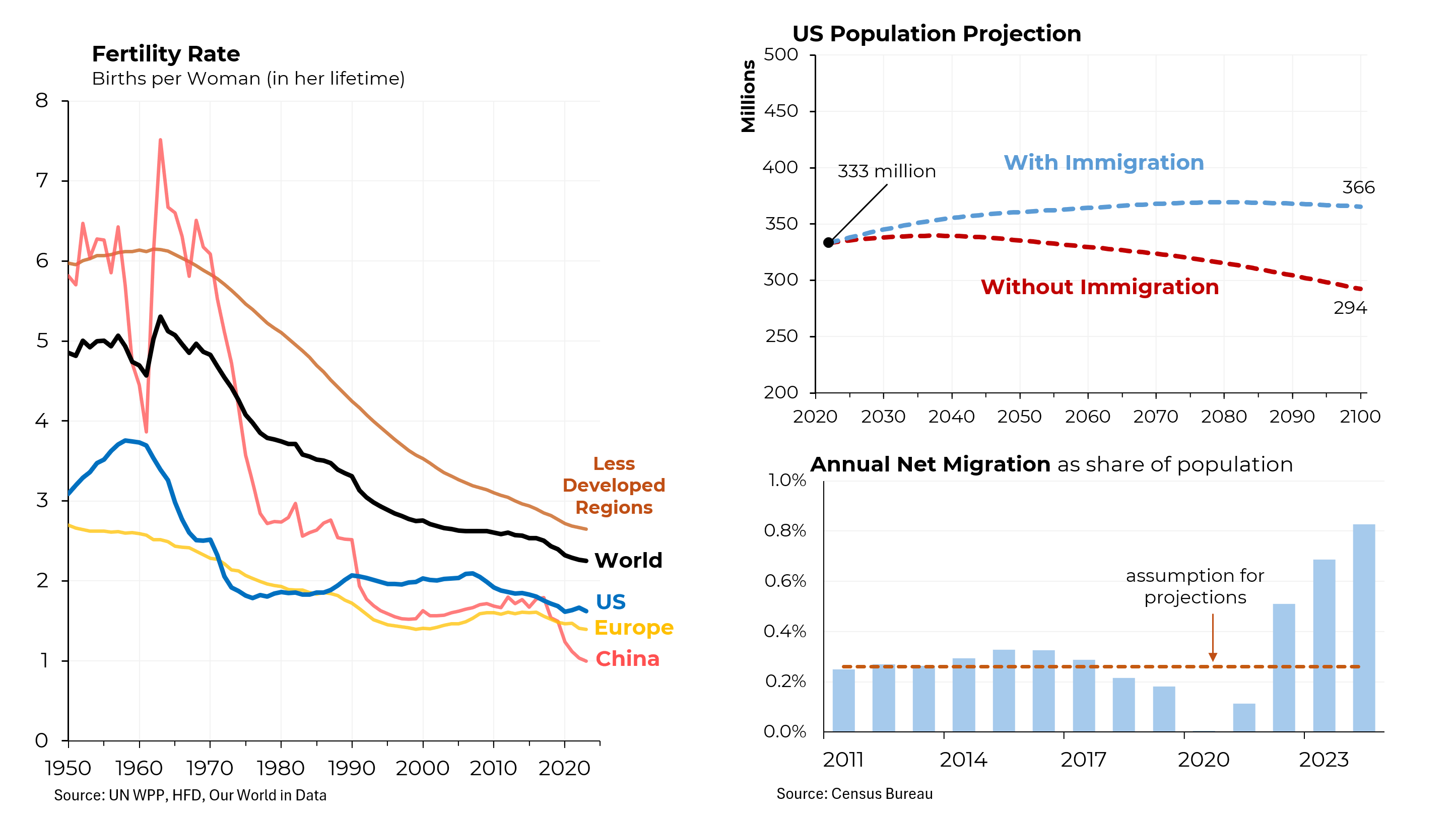Originally published in the New York Times.
HER silver tongue honed by decades in corporate marketing, Carly Fiorina has used two debates, and a steely determination on the campaign trail, to climb near the top of the polls for the Republican nomination.
But Americans should pause on her biggest professional credential for our highest office: a short, disastrous stint atop one of America’s iconic technology companies, Hewlett-Packard.
The clearest measure of her performance — and the report card preferred by Wall Street — is H.P.’s stock price, which dropped by 52 percent during her tenure of almost six years.
Yes, Mrs. Fiorina served during the worst fall in technology shares in history. But she managed to underperform her key competitors; IBM’s shares declined by 27.5 percent and Dell’s fell by 3 percent.
The most ruinous aspect of Mrs. Fiorina’s tenure was her decision to acquire another “old tech” hardware company, Compaq Computer Corporation, instead of moving more heavily into services and software, as IBM did.
The proposed merger — Mrs. Fiorina pronounced that the two companies “fit together like a zipper” — bitterly divided directors and shareholders and was approved with just a 51.4 percent majority, a split I cannot recall seeing elsewhere during my 33-year Wall Street career.
To be fair, Mrs. Fiorina was saddled with a dysfunctional board. But that was well known, so taking the job with that added complexity was her eyes-wide-open choice.
Investors were so down on her that H.P.’s shares jumped by almost 7 percent on the day of her firing. And in ensuing years, she appeared on several “worst C.E.O.” lists, including those of CBS News and USA Today.
In 2009, Portfolio magazine ranked her the 19th worst C.E.O. of all time and described her as a “consummate self-promoter” who was “busy pontificating on the lecture circuit and posing for magazine covers while her company floundered.” (That sounds like good preparation for running for president.)
Mrs. Fiorina tries to obscure these harsh realities with a blizzard of her own “facts.” On the campaign trail, for example, she speaks of having doubled her company’s revenues. However, most of that increase came from adding in Compaq’s sales, which is a misleading way to calculate revenue growth.
While some of the intricacies of Mrs. Fiorina’s performance may elude voters amid the dust storm that she has kicked up, her compensation won’t. She banked $21 million in severance payments as part of the more than $100 million in compensation she received during what one critic called her “destructive reign of terror” (which included pushing for H.P. to acquire five corporate jets.)
In the course of her losing Senate run in 2010, she was also attacked for the 30,000 layoffs that occurred at H.P. during her tenure. That’s not entirely fair — the entire technology industry was going through a downsizing and H.P.’s total employment ultimately climbed back up — but it was deadly effective politics that could doubtless be repeated in 2016.
Less attention has been paid to her time at Lucent Technologies, where she rose through the marketing ranks, learning the sales techniques that she is now putting to good use on the stump.
Soon after she left, Lucent veered off a cliff, and while she was never the chief executive, part of the company’s collapse stemmed from overly aggressive sales and loans to financially shaky customers made under her supervision.
Strikingly few former colleagues have come to Mrs. Fiorina’s defense. And her most prominent advocate, the venture capitalist Tom Perkins, has his own challenges; last year, he compared the criticisms of wealthy Americans to the attacks on Jews during Kristallnacht.
In a recent essay, Mrs. Fiorina noted that many other successful business leaders — Steve Jobs, Oprah Winfrey, Walt Disney and Michael Bloomberg — were all fired at one point in their careers.
The difference, however, is that all four went on to achieve remarkable business success; Mrs. Fiorina has not held a full-time private sector job since she left H.P. in 2005 — perhaps because no one sought her services.
I certainly recognize that corporate accomplishments are not a prerequisite for a government perch. Indeed, many chief executives fail when they move from the command-and-control business environment to Washington, where consensus-building is a necessity.
However, the lack of public service or sustained business success makes Mrs. Fiorina unqualified for the nation’s highest office. By comparison, Mitt Romney had built an extraordinarily successful investment firm and served for four years as governor of Massachusetts.
Crooning on “The Tonight Show Starring Jimmy Fallon,” as Mrs. Fiorina did recently, may add some glitter to her persona, but the important gaps in achievement remain.






